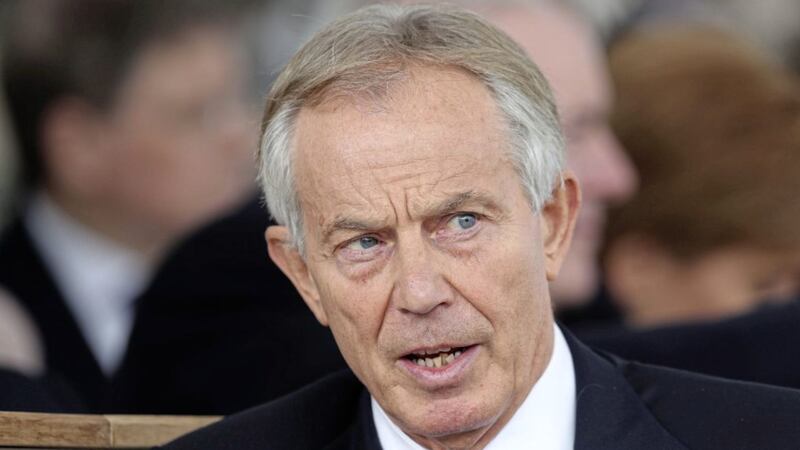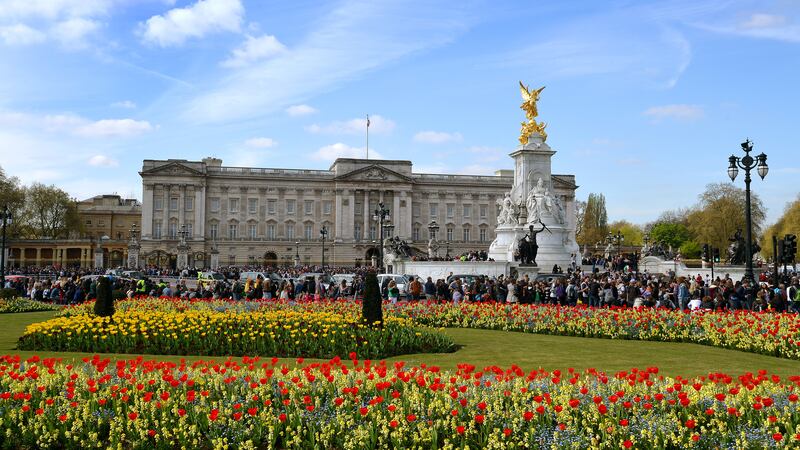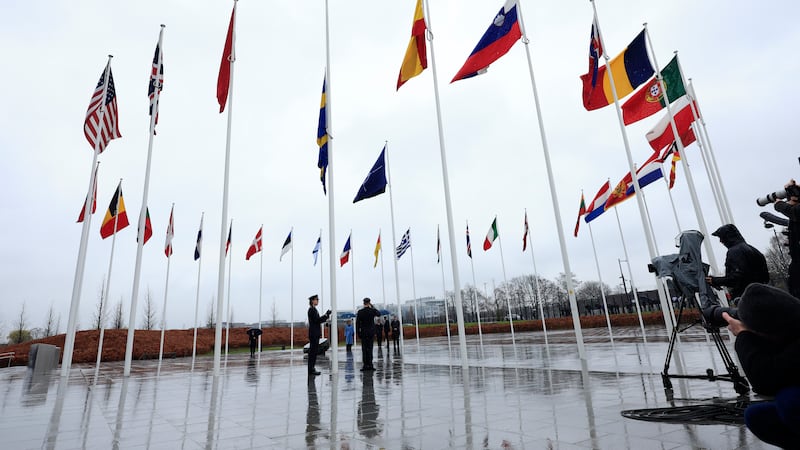THE issue of the border after Brexit has not been resolved and negotiations in December instead led to an "agreement to postpone the deal", Tony Blair has said.
Mr Blair, who was British prime minister for a decade from 1997 and oversaw the signing of the Good Friday Agreement, also said that the Irish government would have a "strong case" for opposing a final deal if it does not receive clear details of how a hard border is going to be averted.
In December, agreement on a text containing references to the border was reached after the DUP vetoed a deal days earlier, saying it could not accept any arrangement which would create an effective customs border in the Irish Sea.
The agreed joint UK-EU document said that "no new regulatory barriers" would develop between Britain and the north.
The text added that any future arrangements must protect "north-south co-operation" and the UK's guarantee of avoiding a "hard border".
The DUP said there was still "more work to be done" and said its support for a deal, in a final vote at Westminster, would "depend on its contents".
Mr Blair said that the core issue at the heart of the debate had still not been settled.
"The important thing about the deal on Ireland was that it wasn't a deal, it was the agreement to postpone the deal.
"And what the discussion over Ireland shows is the central dilemma . . . of the whole negotiation, which is you are either in the single market and customs union, in which case you have an open border and frictionless trade, or not, which means you have a hard border and a hard Brexit," he told the Irish Times.
The former Labour leader said that the Westminster parliament should refuse to approve an agreement on Britain's withdrawal from the EU without clarity on what the future relationship would be.
Asked if the Irish government would be justified in maintaining the same stance about the border deal, Mr Blair replied: "I guess there is a strong case. But that is for the Irish government to decide."
Mr Blair also said that the Taoiseach Leo Varadkar and Tánaiste and foreign minister Simon Coveney were "perfectly entitled" to express their desires for a united Ireland despite DUP complaints.
"Well, they're perfectly entitled to say that. The Good Friday Agreement allows the nationalist aspirations to be recognised.
"What this whole Brexit thing does is obviously it puts pressure on the Union. It's bound to put pressure on the Union. I think long-term it will put pressure on the Union in respect of Scotland if we end up with a hard Brexit," Mr Blair added.








